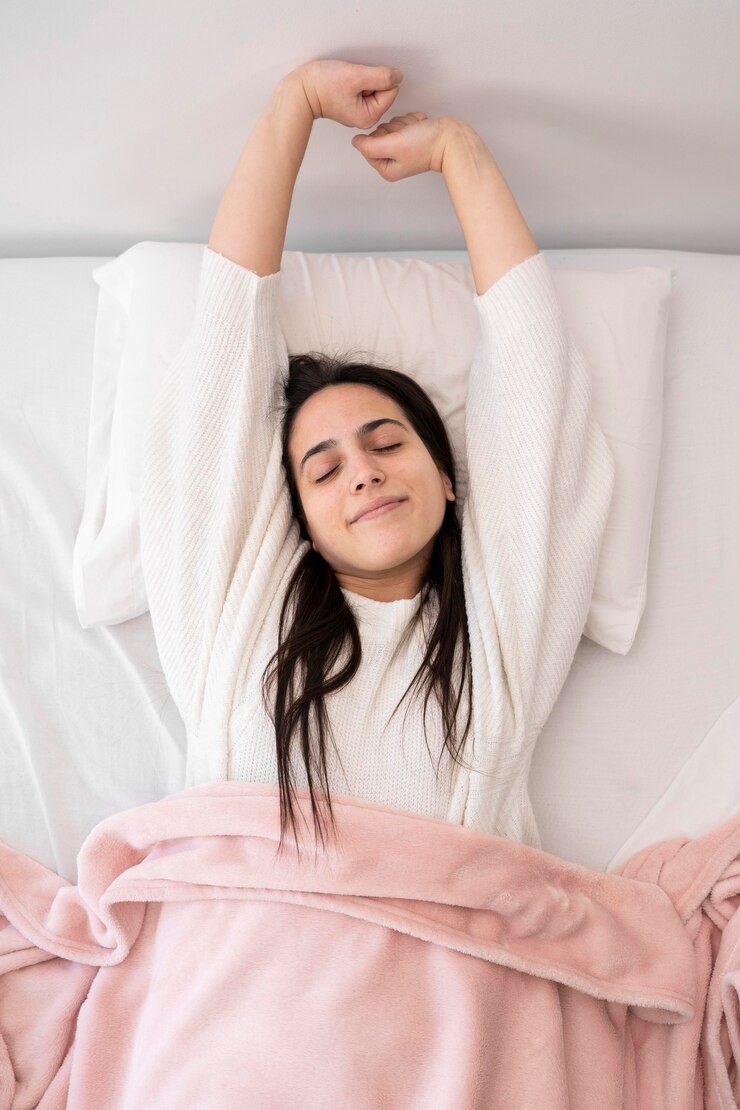As we approach this year’s Women’s Mini Marathon, we examine how exercise can be the perfect remedy for individuals who struggle to get a good night’s sleep. Chamomile tea, lavender pillow spray, and less screen time are widely known to help improve our sleep patterns, but do you know the science behind exercise and improved sleep? Sleep is extremely important for all functions of the body and mind. It is the basis for a happy mind and a happy body. Lack of sleep is detrimental to our health; in fact, prolonged periods without sleep can even cause symptoms of psychosis, like hallucinations and delusions. Exercise and sleep go hand-in-hand and have what’s known as a bidirectional relationship. Along with the mindfulness required to perform these kinds of movements, the tension release that happens as a result can also help improve your sleep. Exercise performed outdoors in the sunlight also helps to regulate our circadian rhythm. A robust and regulated circadian rhythm helps with the production of melatonin, a hormone that makes us sleepy. As for the duration of exercise, 30 minutes of moderate aerobic exercise per day should suffice to help you sleep that night. This all causes a continuous cycle of improvement where doing one thing makes us feel we’ve ‘earned’ the next. When we complete a workout or some form of exercise, we feel like we have completed a task. We’ve ticked something off the list. This experience creates a sense of accomplishment and starts a cycle of understanding that you exercised and now deserve a good rest at night, and equally, that good sleep will allow you to exercise well again the next day.
Thank you for reading this post, don't forget to subscribe!
Thursday, June 26, 2025


